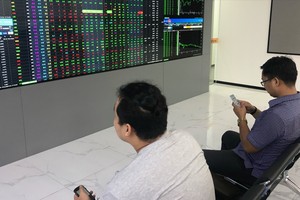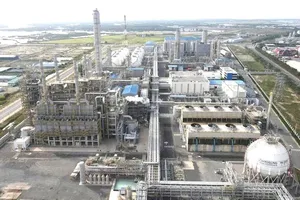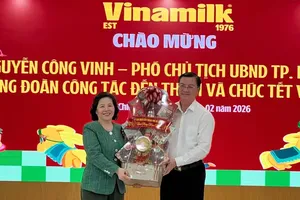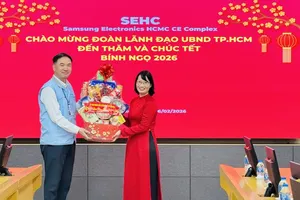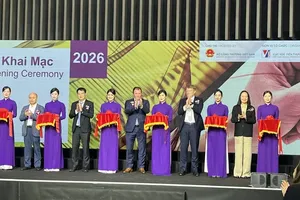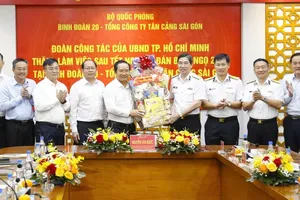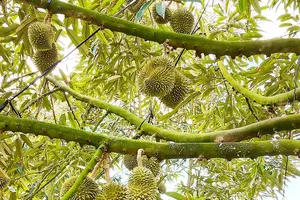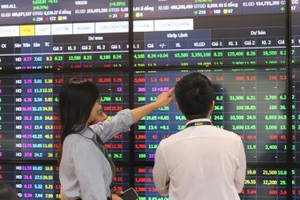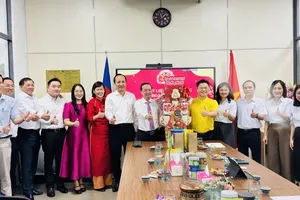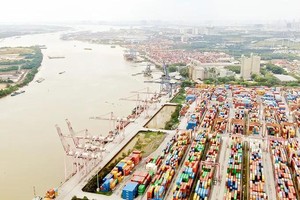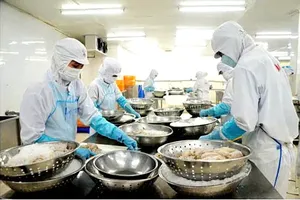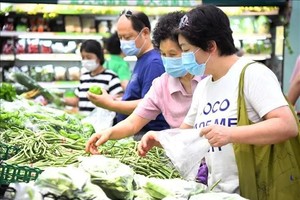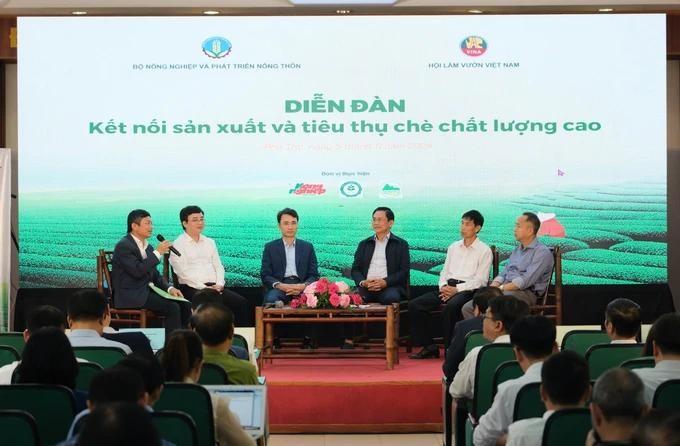
At the Forum on Connecting Production and Consumption of High-Quality Tea held this morning in Phu Tho Province, many experts and managers suggested solutions for Vietnamese tea to get out of the low price trap. They aimed to enhance the value and brand of national tea.
Chairman Hoang Vinh Long of the Vietnam Tea Association expressed concern that Vietnamese tea exporters are too focused on fulfilling immediate orders rather than building sustainable businesses based on quality and brand reputation.
He complained that businesses in the world currently consider the Vietnamese tea market as a place that supplies cheap tea, so it is easy to fall into the low price trap. According to him, this is a major obstacle when Vietnam wants to boost tea exports to demanding markets with higher quality requirements.
In reality, though the prices of Vietnam-grown tea are low in the eye of experts, Vietnamese tea prices remain above the global average. This indicates that importers are turning to Vietnam to capitalize on competitive pricing rather than opting for premium tea products. Consequently, local tea producers frequently find themselves compelled to sell at lower prices, which hampers their income and adversely impacts the competitiveness of the Vietnamese tea sector.
According to Deputy Director Nguyen Quoc Manh of the Department of Crop Production under the Ministry of Agriculture and Rural Development, Vietnam has achieved a fairly large tea export output of nearly 146,000 tons in 2022, bringing the country US$237 million.
Vietnam's tea industry faces significant challenges, as the export value of its tea products is only 70 percent-75 percent of that for similar products from other countries. This is largely attributable to the limited range of tea products exported, which often lack diversity in types and brands.
The domestic tea industry faces a significant challenge, as the majority of exported tea consists primarily of basic product lines, which lack variety in types and brands. Mr. Manh highlighted the importance of establishing safe tea cultivation areas, enhancing product quality, and aligning with international standards such as VietGAP, GlobalGAP, and organic certifications as essential steps to increase value.
He noted that the ability to process and diversify tea products of Vietnamese enterprises still fall short of expectation. Consequently, to enable Vietnamese tea to compete effectively in the global market, it is imperative to invest in technological advancements and the development of new products, including oolong tea, matcha, and even bottled tea beverages.
Furthermore, Deputy Director Manh proposed the advancement of e-commerce and digital economic instruments, including green banking and green finance, for improving the integration of production zones with the distribution network. Plus, he stressed that trade agreements such as CPTPP and EVFTA also help the Southeast Asian country to expand the market, creating long-term development momentum for the tea industry.
Taking heeds of quality safety, Director of the Vietnam SPS Office Le Thanh Hoa emphasized that compliance with food safety standards is a prerequisite for Vietnamese tea to conquer demanding markets. According to Mr. Hoa, major import markets such as the EU and the US currently apply many strict safety standards comprising pesticide residue limits to heavy metal limits. Therefore, to meet these strict requirements of these markets, watchdogs of the Vietnamese tea industry not only pays more attention to the production process, but also strictly controls chemical residues on the products.
The Ministry of Agriculture and Rural Development has allowed the use of more than 260 commercial pesticides in Vietnam to prevent pests and diseases for tea plants. Enterprises and tea growers must comply and only use substances on the permitted list.
In addition to adherence to international standards, Mr. Hoa also proposed that Vietnam should have policies to encourage farmers and enterprises to comply with domestic food safety standards. Only then can the Vietnamese tea industry affirm its brand in the world market, overcome the low-price trap and bring higher economic value to tea growers.
